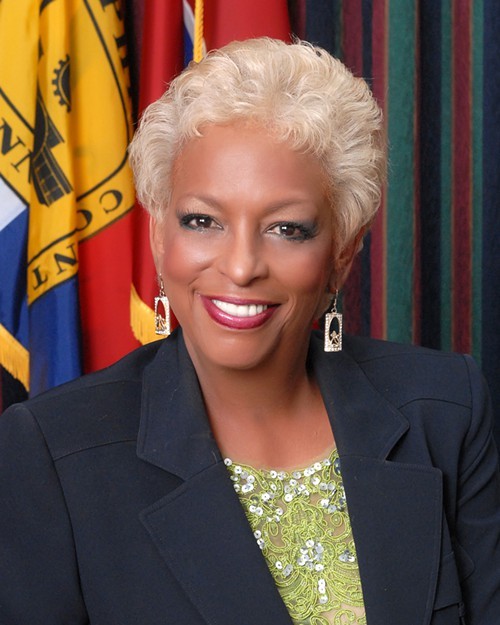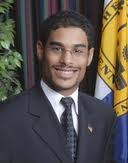The Memphis City Council is under attack from various disenchanted citizens regarding several alleged pro-incumbent referenda it voted onto the November ballot — one that would counter the council’s current two-term limit for members, another that would negate the Shelby County Election Commission’s plans for ranked choice voting (RCV) in the 2019 city election, and another that would abolish all runoff elections. Now new scrutiny is arising on the question of how and when three council members might be replaced should they win other elected positions they are seeking in the August county general election.

Janis Fullilove
The three members are Janis Fullilove, Democratic nominee for Juvenile Court clerk; Bill Morrison, Democratic nominee for Probate Court clerk; and Edmund Ford, Democratic candidate for the Shelby County Commission’s District 9 position. All are generally favored to win, and all have been urged by a citizens’ group to resign their council positions immediately following the August outcome.
Members of the citizens’ group fear that the three council members, if victorious in their contests, might hold on to their council seats for an additional three months, as is apparently permitted by a literal interpretation of the city charter, thereby overlapping with their new county duties (and double-dipping financially).Most important from the protesters’ point of view, retention of the council seats for that long would stretch the calendar to the point that special elections could not be called for the forthcoming November ballot and would mandate the departing members’ replacement by an appointment process, in which case the replacements named would serve through the city election of 2019.

Edmund Ford Jr.
The challenging citizens fear that a current council majority will contrive to appoint new members of the same stripe, end-running other options that might surface in a special election.
So far, none of the three council members has committed to a course of action on a time for resignation. Berlin Boyd, the current council chair, and Allan Wade, the council’s attorney, insist that the critics have misread the charter and that special elections to replace departing council members can only take place in August — thereby nullifying the prospect of November elections for the three seats and making the protesters’ wishes moot.
The Rev. Earle Fisher and other citizens seeking a commitment for a timely withdrawal by the departing incumbents, should they win, cite charter language specifically authorizing replacement elections in either August or November.
Regardless of who’s right about charter requirements, the protesting citizens’ point is well taken: The appointment process has become wholly predictable, with a dominant council faction choosing replacements who, though they may be admirably skilled and bastions of integrity, have been suggested by well-placed supporters of the current majority and not subjected to any real public vetting via the election process.
The video archives of last week’s council meeting show that, after four speakers had made their case and had been basically blown off by Boyd, Wade apparently engaged the speakers in an exchange of taunts, somewhat off-mic. We think the protesters have a respectable case to make and should be listened to.